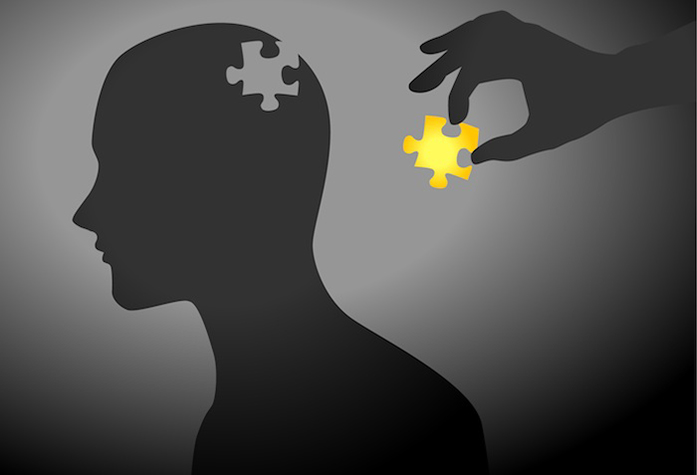Hannah Soyer
On Aug. 29, the Clinton campaign released a detailed plan on how it would address mental-health issues. According to the 2014 National Survey on Drug Use and Health, nearly one-fifth of adults in the United States have mental-health issues. Unfortunately, addressing mental health has never been discussed in such an explicit way in a presidential campaign before, and so it is ultimately a huge step forward for Hillary Clinton to make mental health part of the national discussion.
A main part of Clinton’s mental-health agenda is to integrate physical health and mental health and to put as much emphasis on mental health as is put on physical health. A huge part of this is working to remove the stigmas that often go hand in hand with mental illness — assumptions that those with a mental illness are simply not trying hard enough or that they are manifesting their illnesses in such ways only to gain attention.
“The next generation must grow up knowing that mental health is a key component of overall health and there is no shame, stigma, or barriers to seeking care,” her plan says. I couldn’t agree more.
The idea that our mental health affects our physical health isn’t new to this world. The World Health Organization has even stated that “there is no health without mental health” and has defined health as “a state of complete physical, mental, and social well-being and not merely the absence of disease or infirmity.”
Although I really only have experience with the health-care system here in the United States, it certainly seems that this sort of understanding is greatly lacking. While it can be found in holistic doctors or doctors of alternative medicine such as massage therapists or acupuncturists, it is pretty scarce in the mainstream health world. Supports for people living with mental illnesses are also scarce.
According to the National Alliance on Mental Health, one in four college students experience mental-health issues, a higher rate than other adults in the U.S. At the University of Iowa, services for students with mental illness do exist, such as the University Counseling Service. Student Disability Services even offers accommodations such as extra time to take tests, a reduced distraction environment to take tests in, and early registration. For students with severe anxiety or other forms of mental illness, this could be a godsend, especially if taking tests causes them to have panic attacks or less severe symptoms of anxiety.
It is necessary, however, for the UI community to look to Clinton’s mental-health plan as a good example of being proactive about mental health, and reflect it here. For example, there is little to no information on Student Disability Services’ website about services for students with mental illness — it was only after I called the office and spoke with the director that I realized it even offers such services. What is primarily advertised is services for students with physical disabilities, learning disabilities, or students who are deaf or hard of hearing. Making this information about the types of services it offers for students with mental illness more accessible could go a long way in assisting students. If students who need such services are not aware they exist, then how are they going to utilize the services?
Mental health is important, especially in a university setting, in which students’ minds are being molded to go out into the world and contribute to society. Here, and across the country, it is necessary to see health as an intersection of both physical and mental well-being.



